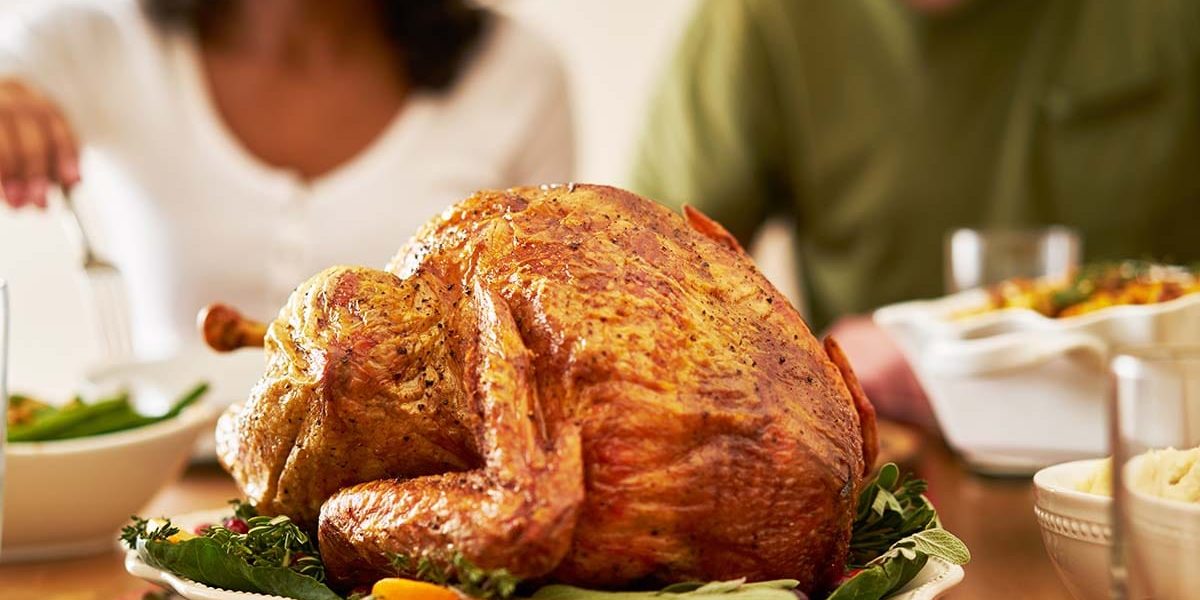If you’re in recovery from an eating disorder, holidays, particularly Thanksgiving, can be challenging. Attending parties and dinners with family may cause you emotional distress and severe amounts of anxiety. Because there are excessive amounts of alcohol and food, and everyone around them is obsessed with consuming these substances, it’s normal to feel overwhelmed. You may feel like you may need to isolate yourself during these celebrations to avoid the triggers and cravings that go along with an eating disorder. Unfortunately, if you do so, you may face new challenges. To learn about managing your eating disorder this Thanksgiving, contact our eating disorder treatment center at 877.978.1667 today to learn about our intensive outpatient eating disorder treatment.
Managing Your Eating Disorder During Thanksgiving
Every year, people with eating disorders face unique challenges that they must overcome on Thanksgiving. If they do not prepare to face this challenge, they may relapse. There are a variety of ways that you can manage your condition this Thanksgiving.
Be Patient With Yourself
The Thanksgiving holiday links to eating heavily, and that is completely understandable. It would be best if you were kind to yourself during this special day, even if you indulge in the feast. You’re not out of control if you eat more than usual. However, it does mean that you’re enjoying being with friends and family, as you eat more at the holiday meal than you would on most days.
At the same time, however, you may need to stick to a routine. Thanksgiving may cause you to eat larger meals and snacks throughout the holiday. You should try to eat a smaller meal or snack if your routine requires it before the big dinner.
Be Thankful
You might feel tempted to worry about eating too much food or needing to exercise to burn the extra calories. However, you may need to remember that Thanksgiving is a day to be thankful for the people around us and the food we have eaten.
One of the best ways to remember to be thankful for what you have is to serve the people around you. Try serving at a homeless shelter or a food pantry during Thanksgiving. Not only will serving others help the people around you, but it will also remind you how blessed you are to have food at your dinner.
Have Fun
Eating disorders can make it difficult to remember what is important in life. However, Thanksgiving is a holiday that allows you to take your mind off stress and enjoy the people you love. Whether it’s having that one bite of pumpkin pie that you’d usually avoid, or watching the big game on TV, remember to have fun.
The Importance of Relapse Prevention
Before the holiday season rolls around, it’s important to develop a relapse prevention plan. Relapse prevention allows you to recognize and cope with potential triggers for relapse. It can also give you strategies that you can use for managing your eating disorder during Thanksgiving and other holidays. For instance, these strategies may include:
- Create and use a support network-It can be tempting to believe that you’re alone in eating disorder recovery. However, this is not the case. This Thanksgiving, you can reach out to friends and family members who are supportive of your recovery and ask them to help you.
- Know your triggers-If you aren’t sure what triggers your desires to turn back to your eating disorder, it can be hard to avoid them. Ask your therapist or support network to help you identify your triggers.
- Avoid harmful associations-It’s vital to identify the negative influences that trigger your eating disorders. In some cases, these influences are other people, while in others, it may be social media. Regardless, it may be time to let go of these associations for the betterment of your recovery.
- Take time for yourself-It can be difficult to manage your eating disorder if you are worn out or stressed. Take some time to do something for yourself before the holiday rush.
Get Eating Disorder Treatment at Crossroads Maine
At Crossroads Maine, we want to help you overcome your eating disorder and/or addiction to alcohol. At our residential eating disorder treatment center, we have a variety of therapies to help you reach this goal, including:
- Cognitive-behavioral therapy
- Dialectical behavior therapy
- Group therapy
- Individual therapy
- Trauma therapy
To learn more about our eating disorder treatment center or about managing your eating disorder this Thanksgiving, contact Crossroads Maine today at 877.978.1667.


















